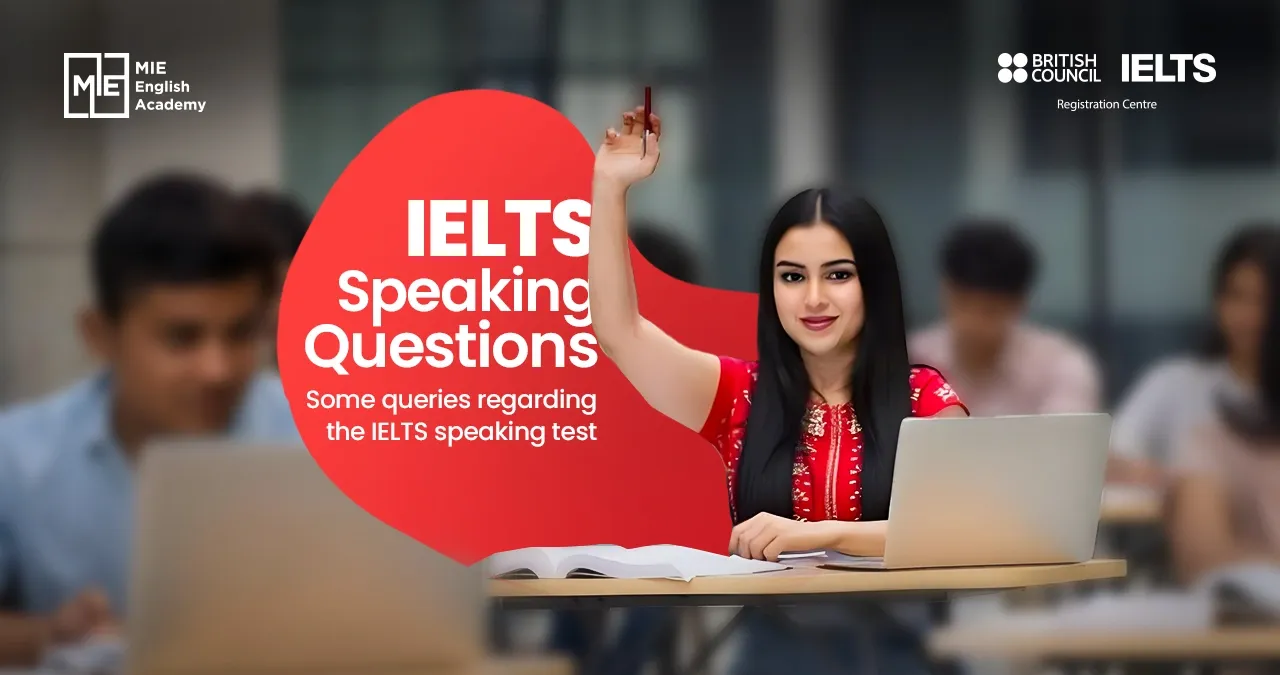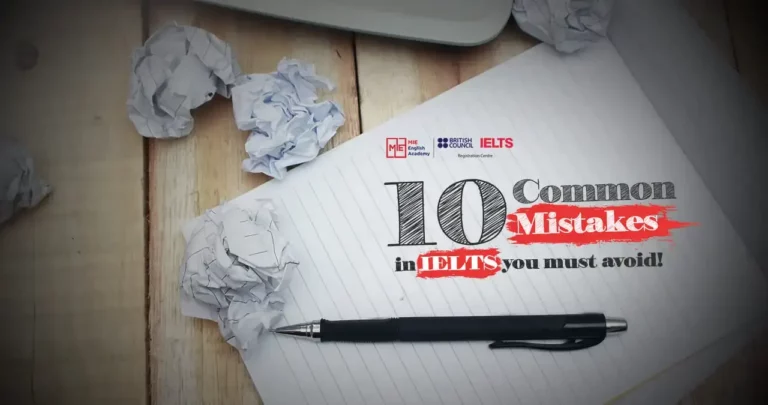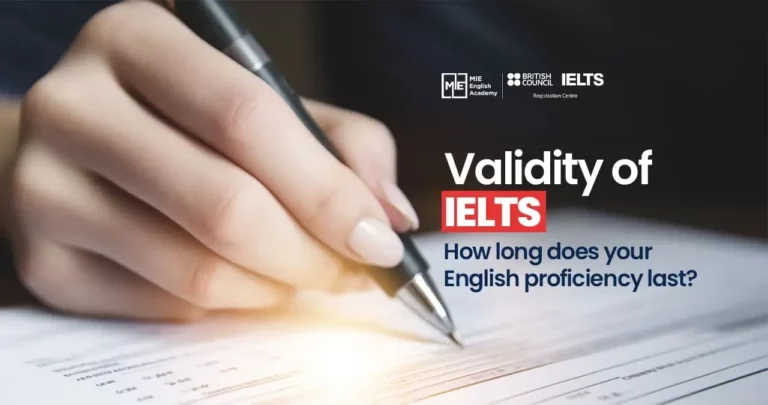IELTS speaking questions | Some queries regarding IELTS speaking test

Everybody has the desire to score well in IELTS. Each person has their strengths in different modules—for example, someone might be good at reading, while someone else might be pro in writing. That’s just how it works.
However, most people feel nervous about the speaking test because you can’t fully memorise it. It’s more like a viva voce, but the examiner is usually friendly. Since English is not our native or first language, we naturally struggle a bit when speaking.
In this blog, if you’re feeling confused about the IELTS Speaking test, I’ll walk you through the types of questions that usually come up.
Usually the IELTS speaking test lasts 11–14 minutes and is divided into three parts:
Part 1: Introduction & Interview (4–5 minutes)
You answer questions about yourself on familiar topics such as:
- Your hometown
- Studies or job
- Hobbies
- Daily routine
- Food or travel
Example questions:
- What do you do – work or study?
- Do you enjoy your job?
- What kind of food do you like?
So basically try to practise with WH questions. WH questions mean every possible way to answer a topic.
Part 2: Long turn (3–4 minutes)
You are given a cue card and have 1 minute to prepare. Then, you must speak for 1–2 minutes.
Cue card example:
Describe a book you enjoyed reading. You should give the answers in the following way:
- What the book is
- When you read it
- What it is about
- And explain why you enjoyed it.
Part 3: Discussion (4–5 minutes)
This is a deeper discussion based on Part 2. The examiner may ask for your opinions, comparisons, and justifications.
Example questions:
- Why do people like reading books?
- How can reading benefit children?
- Do you think printed books will disappear in the future?
Advice and techniques for speaking on the IELTS:
- Be natural: Talk as though you were having a conversation.
- Extend your responses: Avoid providing one-word answers.
- Make use of connectors: Try to use however, actually, ‘in fact’ and for instance.
Don’t stray from the question: stay on topic.
Use a variety of vocabulary and grammar: use a range of vocabularies, like use crucial instead of important’ and exhausted instead of tired. Try to use complex sentences instead of simple ones. That put a good impression.
Now you’re’ wondering how you will do it ? You need practice; that’s when you can do it. Be assured that the examiner is not attempting to deceive you.
Common question types
- Personal experiences – “Tell me about…”
- Preferences – “Do you prefer A or B?”
- Future plans – “What will you do after university?”
- Opinions – “What do you think about…”
- Comparisons – “How is life in the city different from the village?”
Common IELTS Speaking topics
Here are some Part 2 sample questions with answers using when, what, and how. I am trying to giving examples so that you can have an idea of the way you can answer to these questions.
1. Describe a skill you learnt recently
- When: During my winter vacation approximately three months ago, I acquired this skill.
- What: Canva was used for graphic design. I enrolled in an online course to improve and sharpen my social media post design abilities.
- How: I practised daily and watched tutorials to learn. It gave me more confidence and creativity when it came to creating content.
2. Describe a place you would like to visit
- When: I intend to spend my summer vacation here the following year.
- What: This is Kyoto, Japan, a city renowned for its traditional culture and stunning temples.
- How: I’ve been saving money and making travel plans ever since I saw it in a travel documentary. I enjoy studying culture and history.
3. Describe a person who inspires you
- When: I first saw her on TV, and then I was too young.
- What: Malala Yousafzai is a Pakistani advocate for girls’ education.
- How: I watched her speeches and read her autobiography. Her bravery and commitment motivated me to value education and stand up for my convictions.
4. Describe a goal you set and achieved
- When: At the start of last year, I established this objective.
- What: I wanted to get better at speaking English for the IELTS.
- How: I joined a speaking club, watched English-language television, practised daily, and eventually received a speaking band 7.5.
5. Describe a piece of technology you find useful
- When: During the COVID-19 pandemic, I began using it frequently.
- What: My tablet. I read, draw, and take online classes with it.
- How: I can attend lectures, stay organised, and even unwind by watching videos or reading e-books.
6. Describe a memorable event in your life
- When: My birthday was last year.
- What: At a restaurant, my friends arranged a surprise birthday party for me.
- How: They came with cake, decorated the space, and gave me a scrapbook that they made themselves. That day, I felt genuinely loved and valued.
7. Describe something you do to relax
- When: I typically do this following a demanding, long day
- What: I play gentle piano instrumentals or listen to relaxing music
- How: It quickly lifts my spirits and helps me feel calm and clear-headed
8. Describe a tradition in your culture
- When: It takes place during the Bengali New Year in April.
- What: It’s called “Pohela Boishakh”. People wear traditional clothes, eat panta-ilish, and join colourful rallies.
- How: It brings people together, celebrates Bengali heritage, and reminds us of our roots and identity.
How MIE English Academy can help you
Do you struggle with spoken English?
MIE English Academy has the perfect course for you! Looking for a complete IELTS course? We’ve got that too—with some exclusive offers just for you.
Don’t miss out—grab the offer before it ends!




